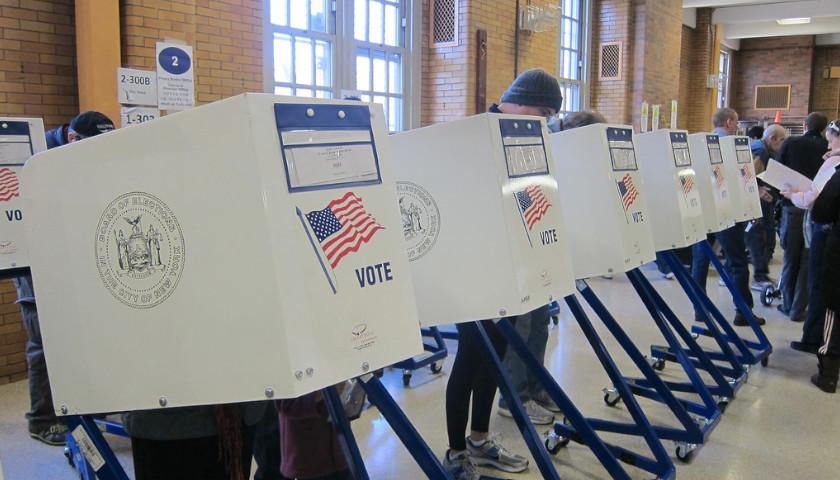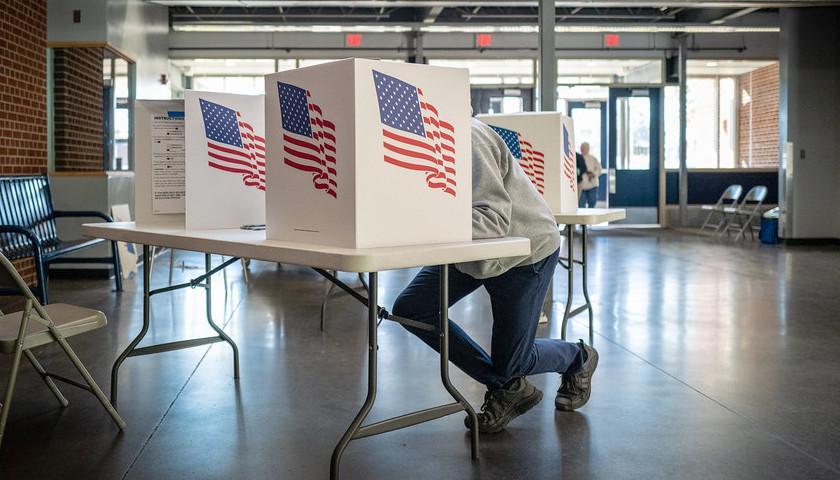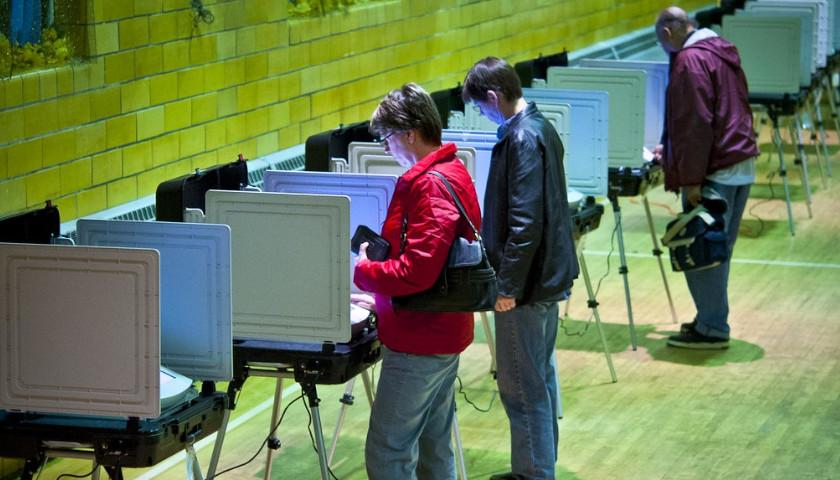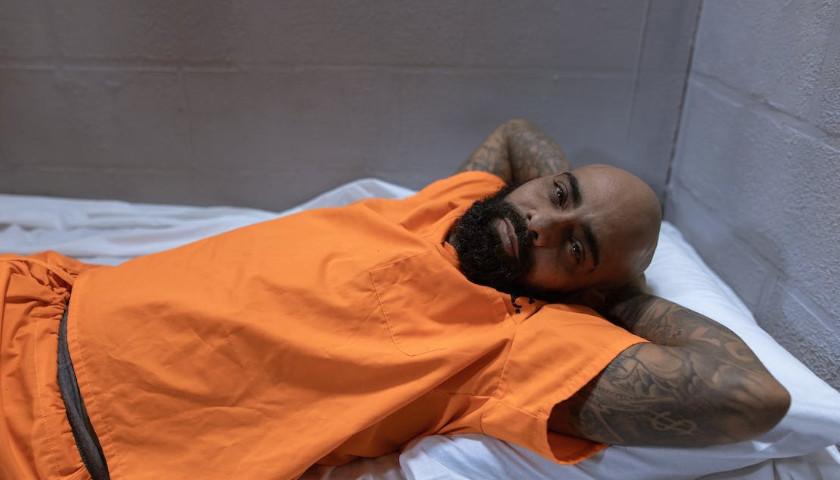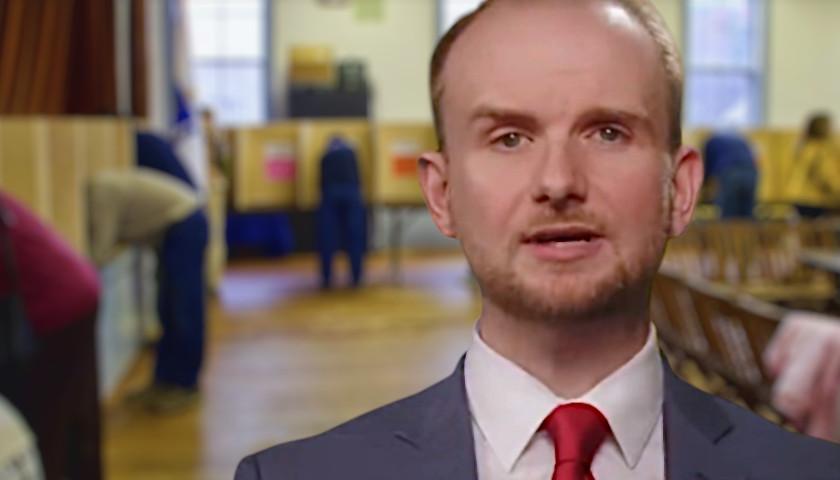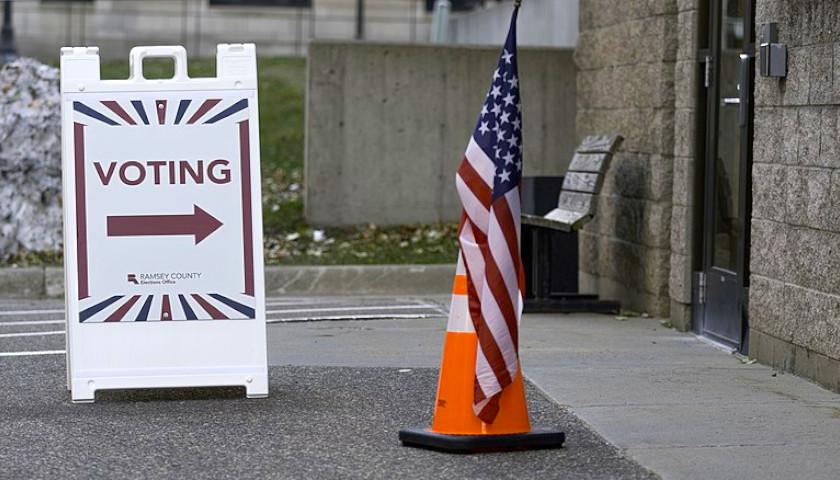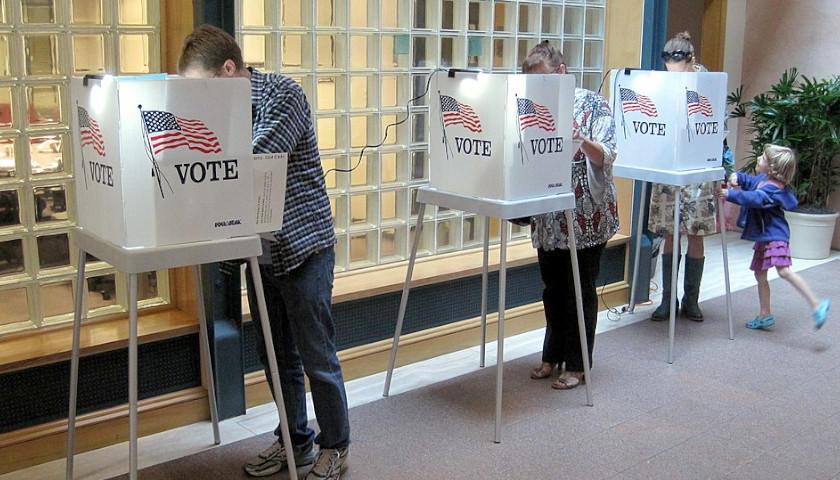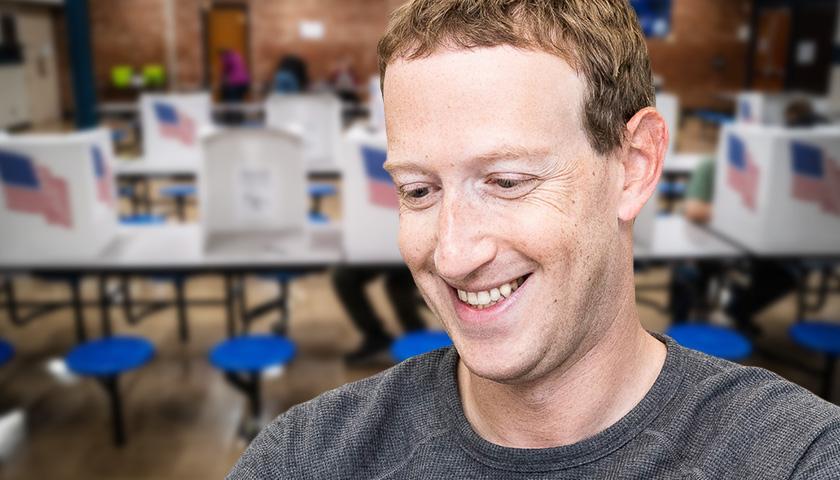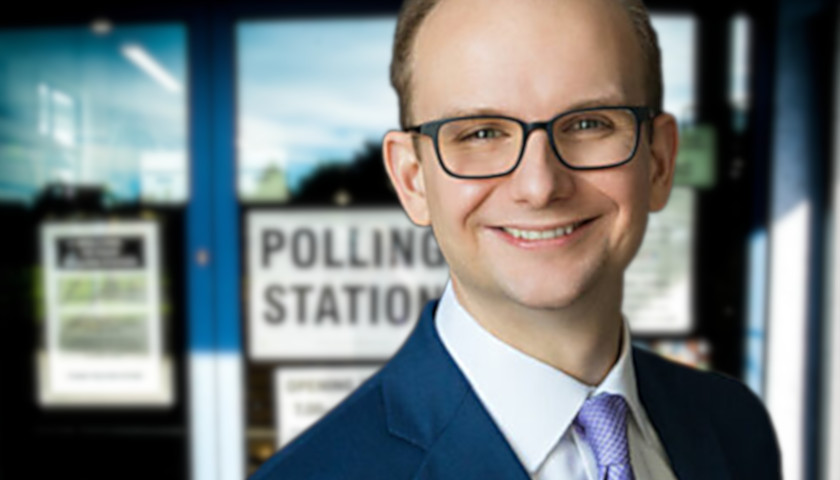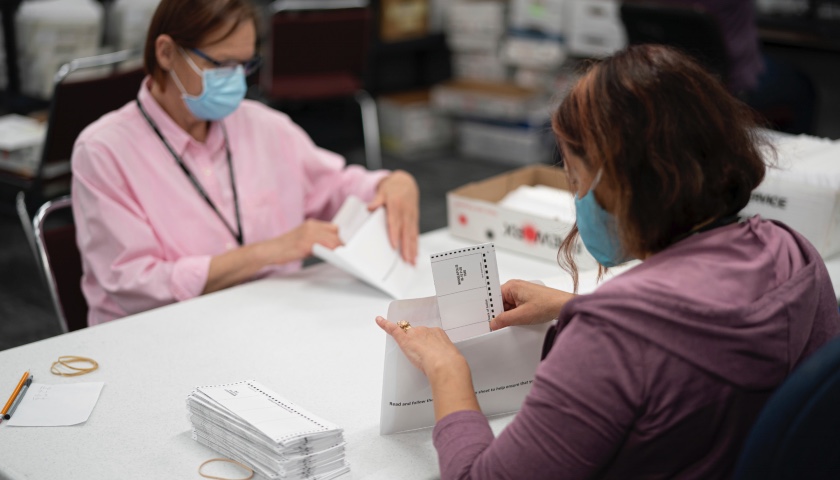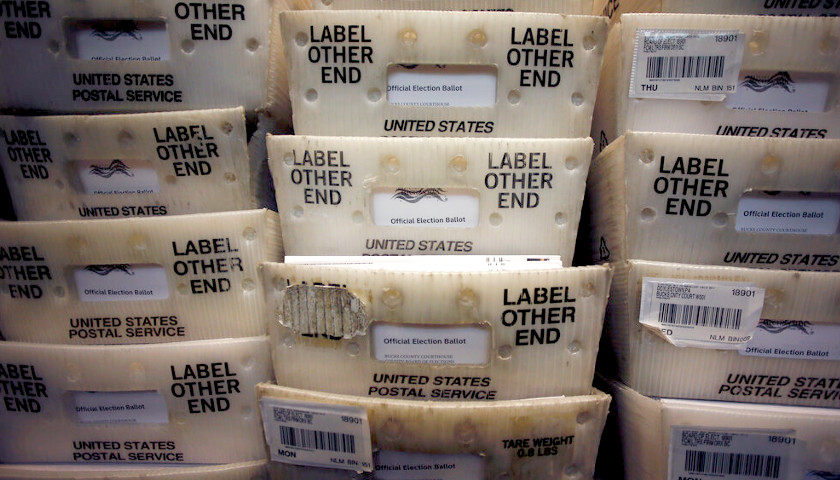Jason Snead, the director of the Honest Elections Project Action Fund, said the practice of Ranked-Choice Voting is a tool used by the Left to “push politics to the left” and “give more power to the left-wing mega-donors.”
Ranked-Choice Voting, an election process where voters can rank multiple candidates for a single office, is currently used statewide in the states of Alaska and Maine, cities including New York City, and other jurisdictions across the nation.
Read the full story
